It is one of the most embarrassing things to get locked out of your car or your home. When in emergency, you are likely to be stressed and miss on details that could help you find the best service provider. This can lead you to a locksmith scam.
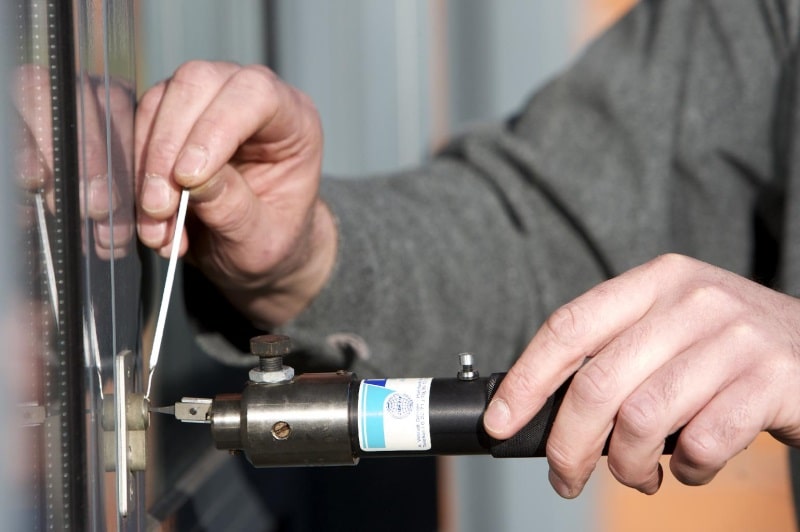
Source: keystarlocksmiths.wordpress.com
It starts with an ad for a ghost company. When your call goes through, the operator will you make you an offer you can’t refuse. The service rates will be unbelievably low. Of course, you will agree and ask them to come and fix the lock for you.
The final part starts when the fake locksmith reaches your property. Keep in mind, there are real and legitimate emergency locksmith that can provide great service but the price comparison is too wide.
So, when the fake locksmith reaches your property, he will fumble with your lock and break it, or put a drill through it. Then, he will ask you to pay for the replacement at insanely high price. That’s where you get the idea of being the victim of a locksmith scam.
It happens a lot of the times. Word don’t get out because most people don’t report out of insecurity.
To avoid being the victim of a locksmith scam, try to follow these tips:
Table of Contents
1. Find a legitimate locksmith before you need one
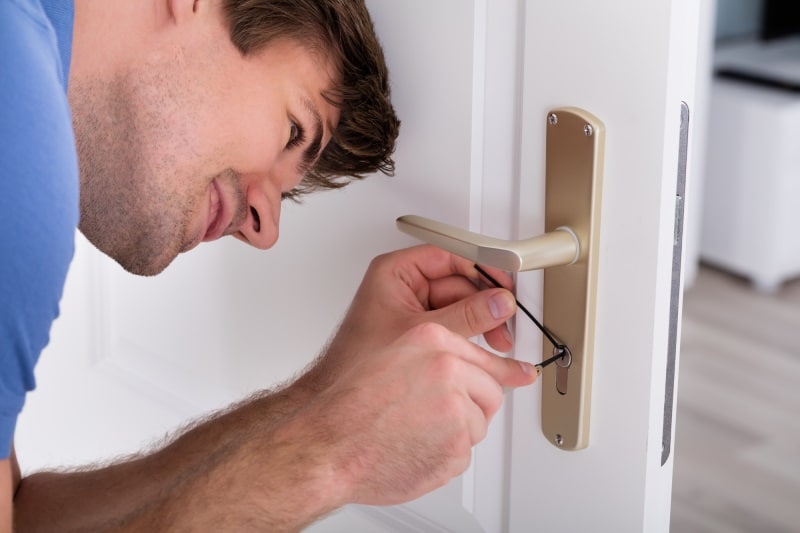
Source: nearsay.com
This is the easiest and most natural way to avoid a locksmith scam. It is because you will have plenty of time and sources to verify the legitimacy of a locksmith before the emergency arises. Ask friends and neighbors and look for authentic directories and locksmith associations to find the best locksmith beforehand.
2. Look for the signs
For some reason, you weren’t able to find a trusted locksmith in advance, look for the signs that could land you in a locksmith scam. Here are some of the signs:
- If the price on the ad of picking the lock is too good, it means it could be a bogus company. Professional and trusted locksmiths do not charge that low that could make them unsustainable.
- If they don’t give out specific name and information about their company, it could be a scammer.
- Again, if the response time is too slow, despite of their claim to be there in 20 to 30 minutes, you need to be suspicious.
- If the locksmith is not wearing any uniform or an ID, or not driving a company vehicle, he could be a scam artist.
- They demand cash or debit card. Locksmith scammers don’t accept credit cards because they are too easily traceable.
3. Ask for authentic ID
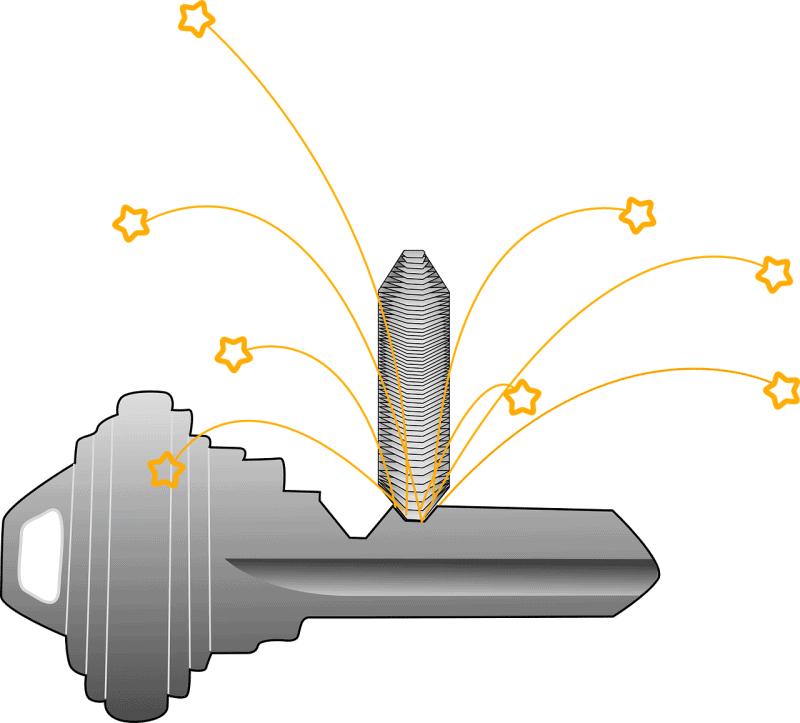
Source: pixabay.com
If a locksmith has arrived at your property, make sure to get a close look at his ID card. If he is a part of a legitimate association of locksmiths, ask for a membership card. Even companies that provide emergency 24 hours locksmith service force their employees to wear ID badges in plain sight.
If your state binds locksmiths to be licensed, ask for the original state-issued license before letting them near to your broken lock.
4. Get estimates on company letterhead
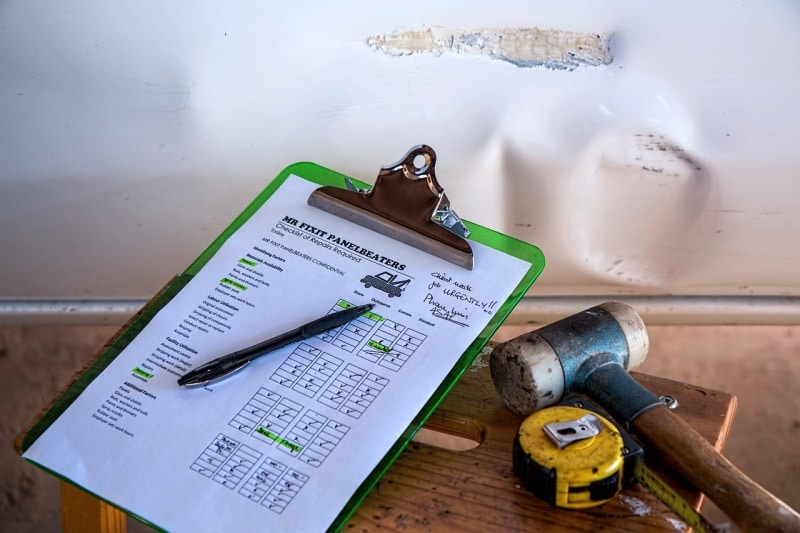
Source: pixabay.com
When the locksmith arrives at your property, ask him to give you an estimate on company’s letterhead. Verbal commitments don’t hold water and you need evidence to support your claim, if afterwards there is some kind of misunderstanding.
In pricing area, ask them to write costs according to the categories. In that way, you will have clear idea of how much minimum fee, mileage, and other fees they are charging.
5. Get a receipt
Before paying the locksmith, ask for a receipt. It is necessary. Again, a phony company won’t bother with things like that. But it can give you a clear signal to think twice before paying the locksmith. If he is unable to give you a receipt, try to hold on to his payment for the time being, until some proof can be presented that vouches for legitimacy.
6. No drilling
Never allow a locksmith to drill your lock and replace it with cheap and substandard lock. If he insists, ask him to leave you property immediately.
A professional and experienced locksmith rarely drill their ways through the locks, and can unlock almost any kind of lock.
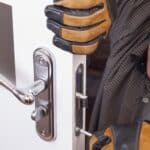


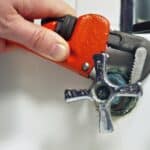
Leave a Reply